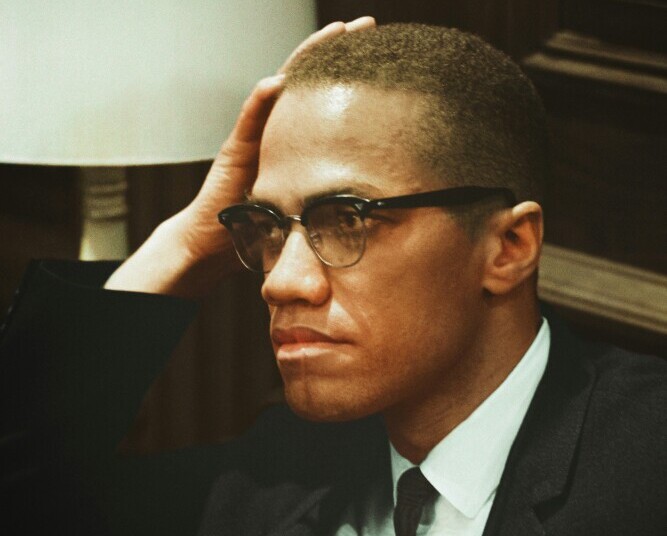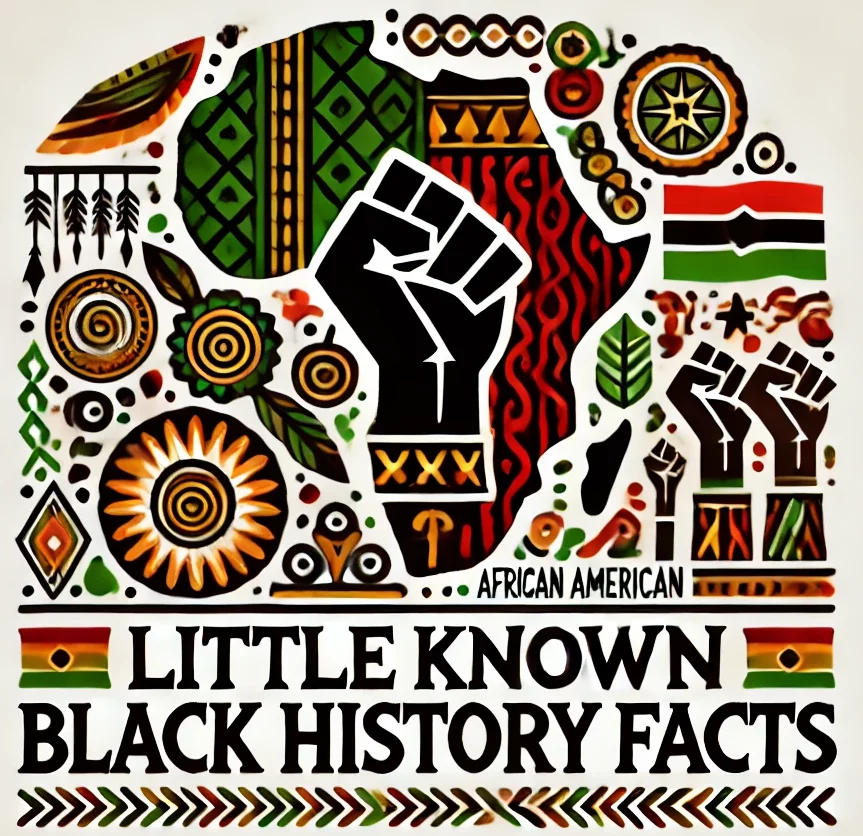Sometimes, history doesn’t give out gold stars to everyone who deserves one. Especially when it comes to the incredible contributions of Black innovators in science and technology. These folks weren’t just ahead of their time—they were defining the future. Let’s take a moment to give them the credit they so rightfully earned.
Dr. Charles Richard Drew revolutionized medical science with his work on blood transfusion and storage. Ever donated blood? You can thank this trailblazer for making it safe and efficient. Drew’s pioneering methods in blood preservation and categorization were nothing short of life-saving, especially during World War II.
Then there’s Katherine Johnson, whose mathematical genius literally sent rockets into space. Her work at NASA was pivotal, helping calculate the trajectories for early space missions, including the Apollo 11 moon landing. She wasn’t just doing math; she was breaking barriers in a ‘man’s world’ while doing it.
Dr. Drew and Mrs. Johnson may have been on the lighter-skinned of the African American complexion, but their contributions were hardcore dark!
Ever wondered who made elevators safer? Meet Alexander Miles, the mind behind the automatic elevator door. His innovation eliminated the risks associated with manually operated doors, changing the game in building safety and efficiency. Imagine modern skyscrapers without this life-saving invention.
Lastly, let’s talk about Dr. Mark Dean. If you’re using a color PC monitor or benefiting from high-speed computer chips, you’re tapping into his genius. One of IBM’s principal engineers, Dean co-created technologies that laid the cornerstone for modern computing as we know it.
These are just a few of the unsung heroes in Black history whose innovations have shaped our world. Take a minute to reflect on how these contributions still impact our lives today.
Cultural Resilience and Social Justice Movements
Celebrating Black history isn’t just about remembering pain and struggle; it’s also about recognizing the resilience and impact of cultural and social movements. These pivotal events and figures have shaped not only Black culture but also American society at large.
The Harlem Renaissance is a prime example of cultural influence. In the 1920s and 1930s, Harlem became a hub for Black artists, musicians, writers, and thinkers. This period saw the rise of legends like Langston Hughes and Duke Ellington, whose works not only enriched American culture but also fueled the fight for civil rights.
The 1968 Memphis Sanitation Strike marked a significant chapter in the fight for labor rights and social justice. The strike, initiated by Black sanitation workers demanding better working conditions and pay, gained nationwide attention. Dr. Martin Luther King Jr. supported the cause, making it a key moment in the broader civil rights movement.
Consider Claudette Colvin, often overshadowed by Rosa Parks. In 1955, a 15-year-old Claudette refused to give up her bus seat to a white person, nine months before Parks’ more famous act of defiance. Her courage was a spark for the Montgomery Bus Boycott, a pivotal event in civil rights history.
Going back a bit further, the Free African Society in Philadelphia was formed in 1787 by Richard Allen and Absalom Jones. This was one of the first mutual aid societies for free Blacks in America. It provided a platform for community support and advocacy, laying groundwork for future social justice initiatives.
Understanding these events helps paint a fuller picture of Black history—one that includes triumphs and milestones alongside struggles. These movements didn’t just aim for equality; they celebrated and elevated Black culture, pushing society as a whole toward progress.
This post is sponsored by our good friends at WA; turn your hobbies, passions, and extracurricular activities in a content incubator for others to become inspired. Visit WA-Site Rubix today and get a free account for your journey!
Thanks for joining us today, for little known black history facts.

#littleknownblackhistoryfacts
